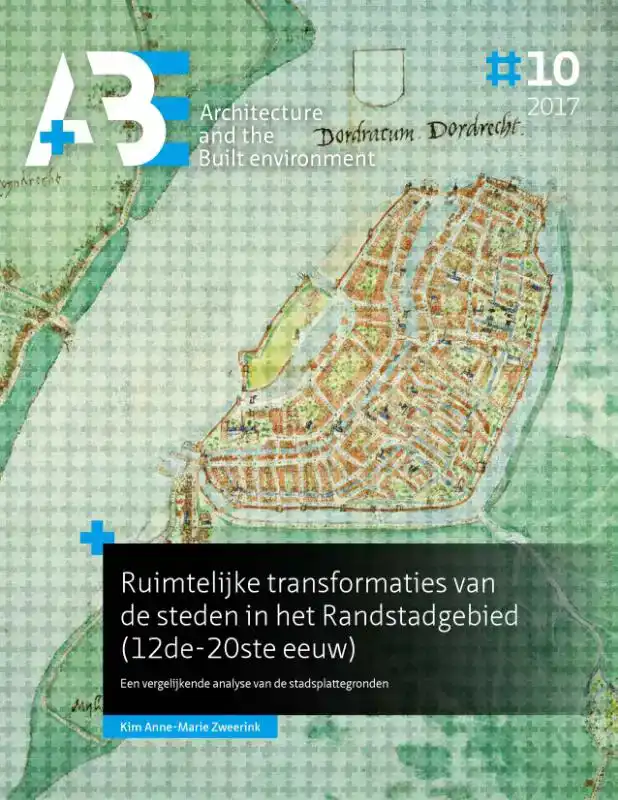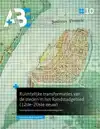- Boeken
- Informatief
- Beta
- technische wetensch.
- bouwkunde
- RUIMTELIJKE TRANSFORMATIES VAN DE STEDEN IN HET RANDSTADGEBI
ZWEERINK, KIM ANNE-MARIE
RUIMTELIJKE TRANSFORMATIES VAN DE STEDEN IN HET RANDSTADGEBI
29,95incl BTW
Dit boek wordt geprint en duurt gemiddeld 5 werkdagen
Vertrouwd sinds 1927
Persoonlijke aandacht en advies
Vanaf 17,50 gratis verzenden NL & BE
Meer dan 150.000 artikelen online
Omschrijving RUIMTELIJKE TRANSFORMATIES VAN DE STEDEN IN HET RANDSTADGEBI
In this issue of A+BE (written in Dutch), the transformation of the form of nine cities in the Randstad between 1250 and 1940 in relation to changes in infrastructure is central, namely Utrecht, Dordrecht, Leiden, Haarlem, Delft, Gouda, Amsterdam, Ro
tterdam and The Hague. Within this time span, three periods of great spatial dynamics are identified, namely the period 1240-1450, 1580-1680 and 1870-1940.
Comparing the city maps with each other, they made a development from uniformity to d
iversification to levelling between 1250 and 1940. Typical for the spatial development was that in the first period urban centres were created in which the various urban functions were concentrated. In the second period, specialization took place, in
addition to strengthening the regional market function in the late medieval centres, functions were moved to the city edges. In the third period, the international goods transports continued to be moved out of the late medieval centres. In addition,
the routes between the central station and the centers were a centres shopping area, passenger flows determined the spatial configuration.
tterdam and The Hague. Within this time span, three periods of great spatial dynamics are identified, namely the period 1240-1450, 1580-1680 and 1870-1940.
Comparing the city maps with each other, they made a development from uniformity to d
iversification to levelling between 1250 and 1940. Typical for the spatial development was that in the first period urban centres were created in which the various urban functions were concentrated. In the second period, specialization took place, in
addition to strengthening the regional market function in the late medieval centres, functions were moved to the city edges. In the third period, the international goods transports continued to be moved out of the late medieval centres. In addition,
the routes between the central station and the centers were a centres shopping area, passenger flows determined the spatial configuration.
Leesfragment
Reviews
0.0/5.0
Gemiddelde uit 0 reviews
Meest behulpzame reviews
Nog geen reviews geschreven


